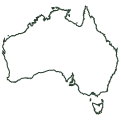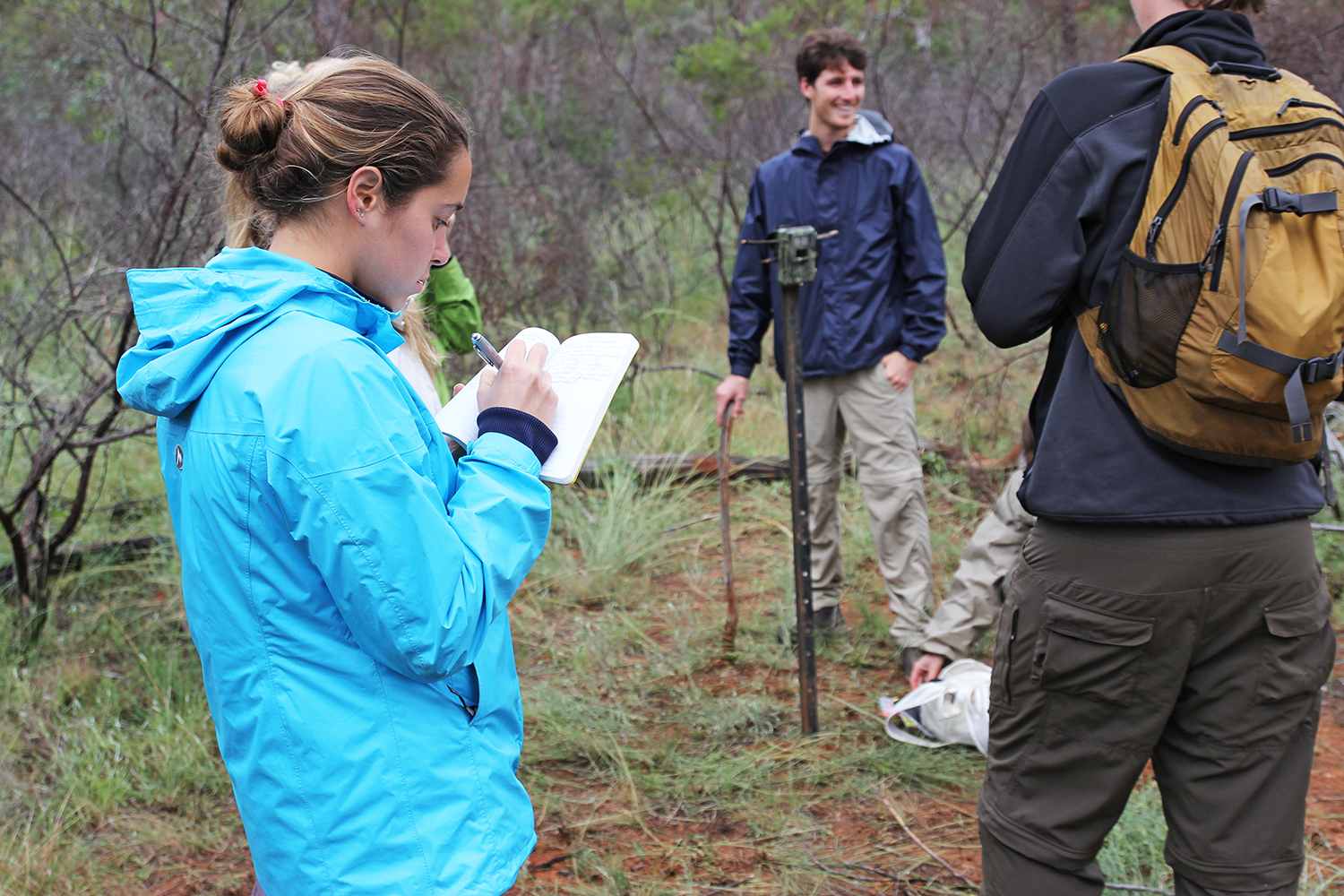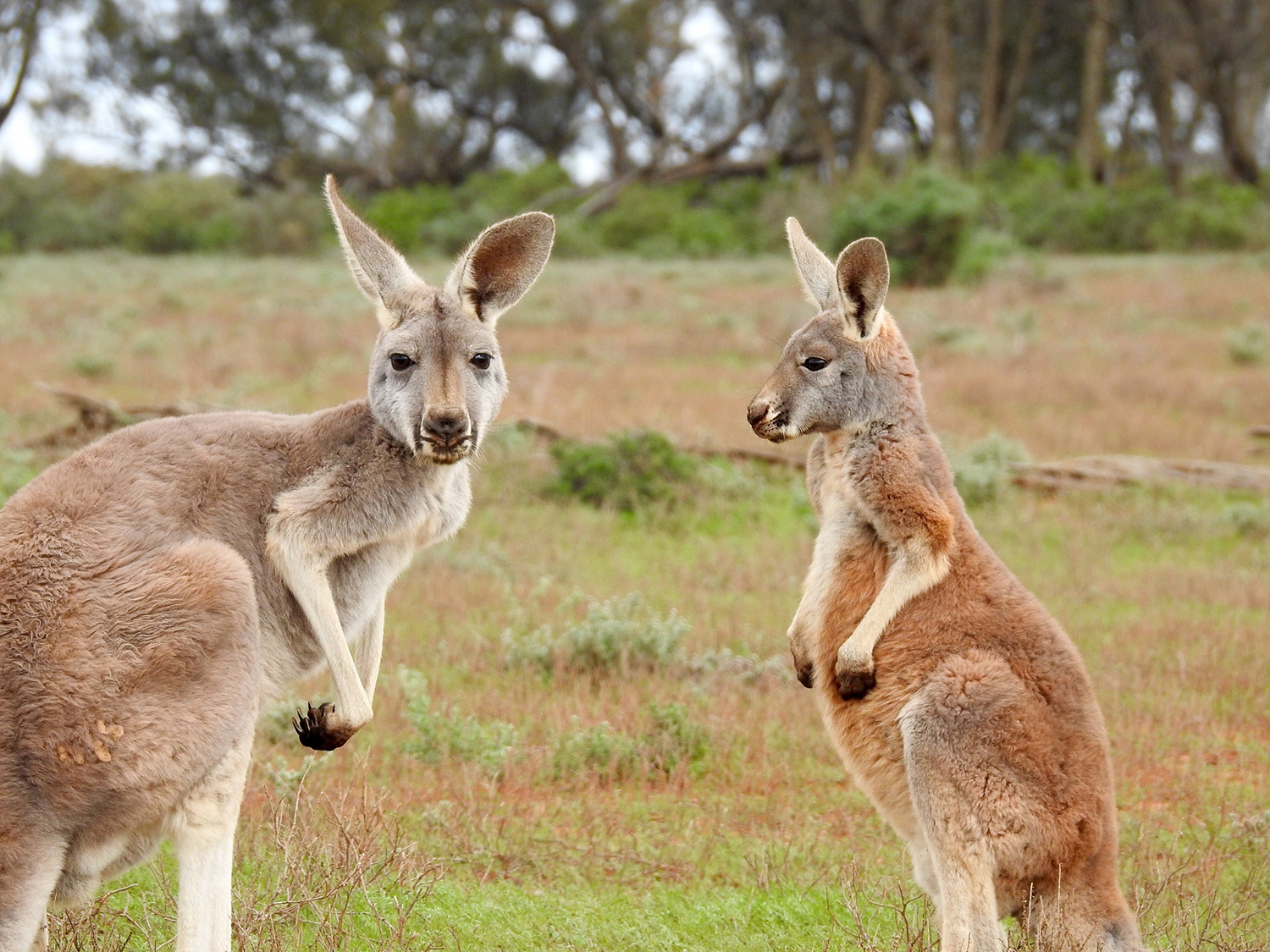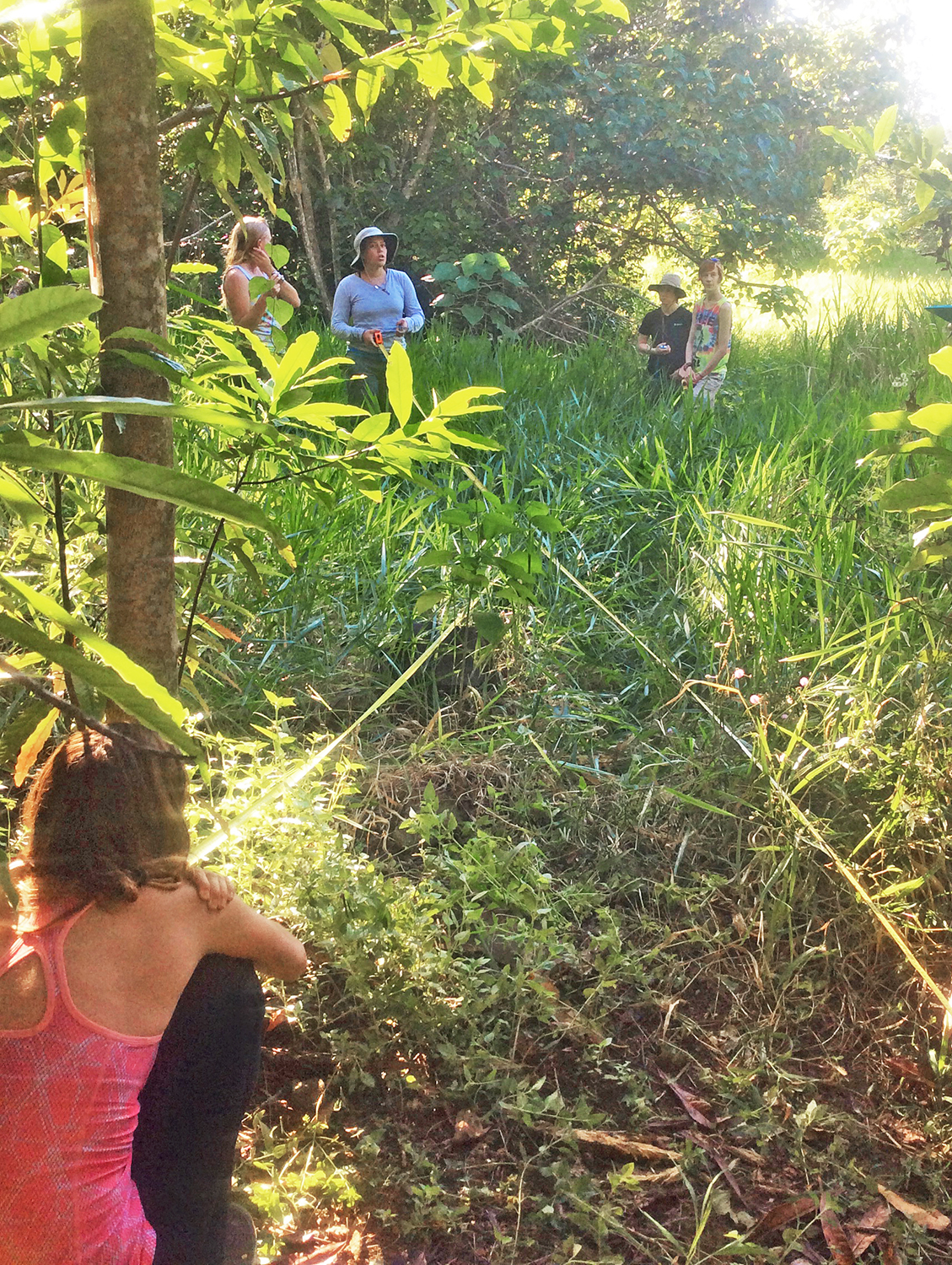Program Details
Location: Cairns, Australia
Dates: Summer 2026: June 23—August 5, 2026
Applications: Accepted on a rolling admission basis
Accommodations: Primarily camping or rural lodge
Credits: 15 quarter credits or 10 semester credits
Language: English instruction
Courses: Environmental Wildlands Studies
Prerequisites: One college level course in environmental studies, environmental science, ecology or similar. 18 years of age
Program Costs
Australia Summer 2026
$ 150 Application Fee
$ 7,750 Program Fee
$ 4,600 In-Country Logistics Fee
$ 2,150 Estimated Airfare and Mandatory Travel Insurance
$ 1,250 Estimated Food and Personal Expenses
$15,900 Total Estimated Cost
Summer 2026: Program fees due by May 1, 2026
The Program
Join us in Australia for an unforgettable program highlighting Far North Queensland’s most striking ecosystems. The program will guide students across Far North Queensland, an area of national and international significance due to its abundance of unique and threatened ecosystems and wildlife. We will study the stunning ecological diversity of the tropical north, from the coastal rainforests of the Wet Tropics (the world’s oldest tropical rainforest ecosystem), to the famed but imperiled Great Barrier Reef marine ecosystem, the world’s largest coral reef system.
We will study the region’s diverse flora, fauna, and habitats ranging from tropical rainforests to coral reefs. Team members will take part in firsthand investigations of these ecosystems, the species they support, the people who depend on them, and the conservation challenges they face today. We will immerse ourselves in the region’s fascinating natural history and biogeography and explore how it is entwined with ancient cultural traditions and more recent socioeconomic activity. Throughout, our focus will be the interface of two ecosystems that are starkly contrasting, tightly linked, and spatially adjacent: coral reefs and coastal rainforests. We will gain intimate knowledge of the locally dominant species in both systems as we master field techniques and analytical skills of universal utility to environmental scientists working in any habitat.
In addition to a firsthand examination of Australia’s northern tropical rainforests and Great Barrier Reef, we will extend our studies to the Atherton Tablelands, Australia's critically endangered Mabi Rainforest, inland to the desert ecosystems and fascinating caves of the Undara Lava Tubes. We will discuss the importance of maintaining connectivity between both terrestrial and marine ecosystems and the traditional and contemporary custodians of those landscapes to facilitate conservation strategies that effectively alleviate threats, such as land clearing, coastal development, the impacts of exotic species and climate change. All the while, we will hone our naturalist skills and become familiar with field survey techniques that are needed to monitor and conserve key flora and fauna. We will focus on the land-sea interface, studying indicators for determining the health of the reefs and rainforest, which we will compare and contrast between a number of locations up the coast.
As we gain familiarity with these ecosystems, we will carry out our own scientific field assessments by examining species interactions, patterns of diversity, and behavior. We will investigate how geological, ecological and human activity have played a defining role in the evolution, survival and success of the unique flora and fauna of the Wet Tropics. We will also engage with various stakeholders in an effort to understand their diverse and sometimes contrasting perspectives toward conservation “best practices.” Through these rich experiences, participants will have unique learning opportunities to assess the challenges and opportunities for biodiversity conservation and social-ecological resilience in modern-day Australia.
Students will gain a firsthand experience of the fascinating natural history and biogeography of this region, where 45 million years of isolation have supported the existence and evolution of species found nowhere else on Earth. Each team will investigate Indigenous and marine protected areas, national parks and/or privately owned lands to study the ecology, conservation, and management of ecosystems and threatened wildlife and plant populations, within changing social-cultural contexts and a regressive political climate.
Academic Syllabus
Student Program Manual
Stories From the Field
Max Arquilevich
Hawaii 2021 Alumni and Australia 2023 Teaching Assistant
"Working as a teaching assistant for the Wildlands Studies 2023 Australia program was a dream come true. Spending six weeks in north tropical Queensland, we explored the coral reefs, ancient rainforests, and Australian outback that define this region. During our time, we learned from people who have lived in Queensland for years, giving us a real look at the area. By the time the program was over, I felt very connected to the place and the people.
I wanted to capture the experience for those who may be interested in this program, and with the help of the students and Wildlands staff, was able to create this video about the Land Down Under!"
Watch Max’s Video
Kayla Keyes
Lead instructorMA in Biology, Miami University of Oxford, 2019
Kayla is a marine biologist and ocean advocate based in the North Island of New Zealand. She specializes the human connection with marine and coastal ecosystems to design community-based conservation initiatives. Kayla has worked as an environmental educator in a variety of global marine hotspots including Florida, Australia, and New Zealand. She currently works in New Zealand as a marine researcher and the Education Director for the Tangaroa Research Institute of Oceanographic Studies as well as with Māori groups to understand local culture & customs in connection with te moana (the ocean). Kayla leads our New Zealand and Australia programs.





















